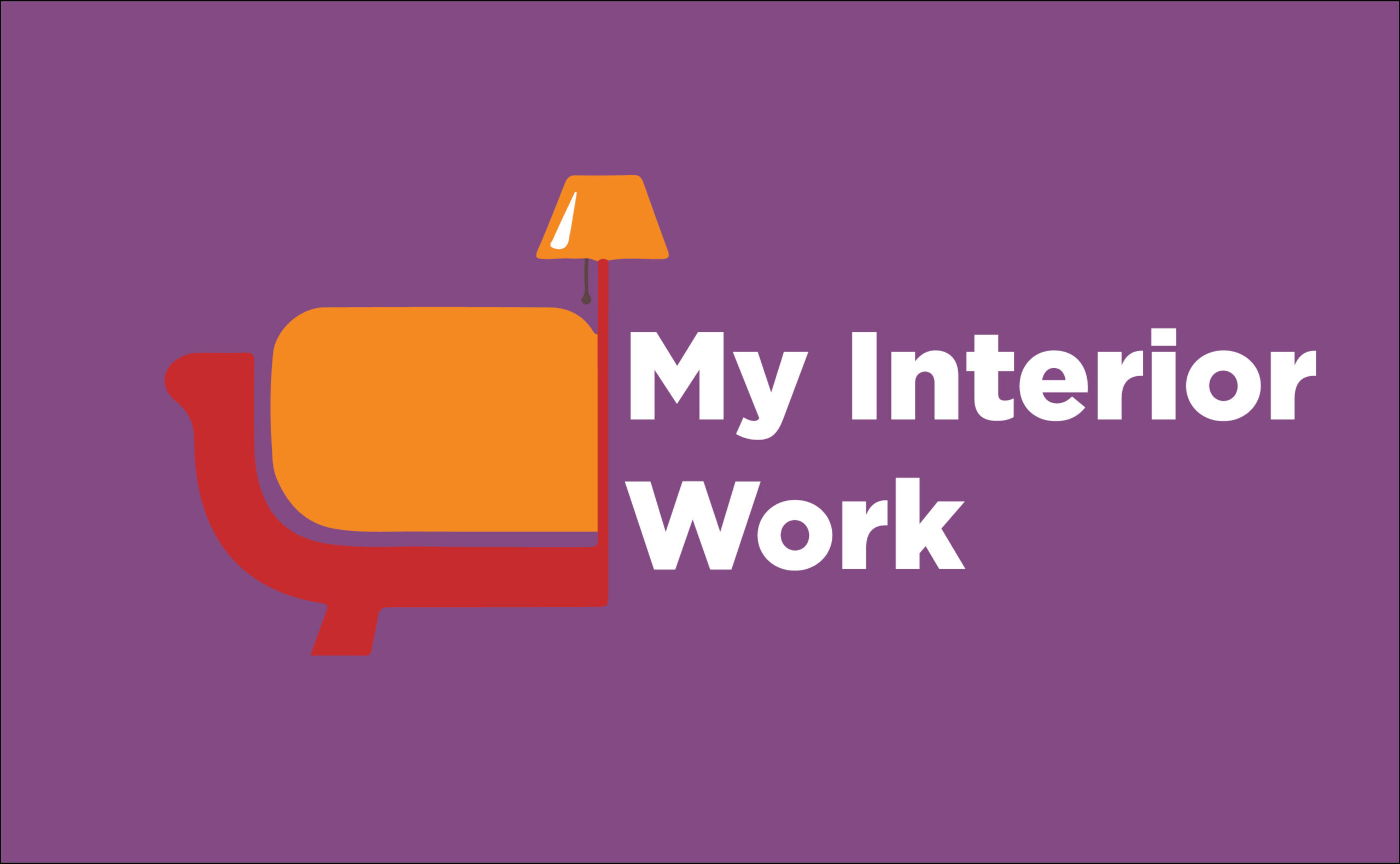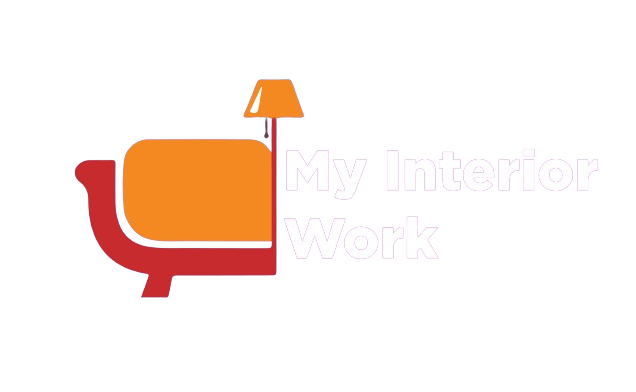
The eRoutingNumber™ database also contains the bank phone number and best number to call for check verification. Let’s look at what to know https://www.instagram.com/bookstime_inc about stale-dated checks and what you can do if you’re holding onto one. Bonnie Honeycutt is a New York Times best-selling editor who also works as a freelance journalist, ghost writer, and writing coach. She currently works full-time as a senior editor at a major book publisher and resides in Nashville, Tennessee.

What Are Stale-Dated Checks?
A person would have to get evidence regarding the actions their bank took when it honored a stale check. This might require a person to file a lawsuit against the bank so that it can gain access to the bank’s records regarding the case. If these options don’t work, you can check with the state where the issuing company is located. Remember that escheatment laws require companies to turn over unclaimed funds. As the rightful owner of these funds, the state should hold them in case you claim them. US Treasury checks are government-issued checks valid for one year from the date issued.

What Is the Effect of a Stale Check?
Accounting inconsistencies may arise if outstanding checks are not reported and tracked in the appropriate manner. Because of this, keeping correct financial records can be difficult, and it may lead to problems https://www.bookstime.com/ during audits or when reconciling finances. For example, payments may show as being paid but if the cash has not yet been debited from the account, there may be inconsistencies worth reconciling. It’s also a good idea to monitor your account and keep an eye out for outstanding checks that you’ve written. That way, you’re not only aware of your financial standing, but also shielding yourself from issuing a check when there aren’t sufficient funds to cover it.
- It is imperative for an issuer to provide payees with timely communication regarding the issuance of a check as well as any pertinent details as soon as possible.
- Before trying to cash or deposit an outdated check, consider reaching out to the check writer and ask for a replacement check.
- Banks might not accept a cashier’s check for deposit after 90 days because the issuing bank could return the check unpaid after that time.
- If you try to cash a stale check or someone tries to deposit a stale-dated check that you’ve written, here are a few things to look out for.
- Generally, a “stale check” (also called a “stale-dated check”) is an uncashed check that’s more than six months old.
Next steps: Ways to avoid a check going stale
- Instead, stale-dated checks are the same as unclaimed checks and dormant checks.
- This should provide real-time information about the total dollar amount of checks outstanding and the total dollar balance present in the account.
- If you’ve issued a check that has yet to be cashed, you can contact the recipient to see if they still have the check and intend to cash it.
- Businesses and even personal transactions are sometimes done using checks.
- If your bookkeeper or accountant sees that you have issued a check that’s approaching expiration, you should contact the other business or person and encourage them to cash the check.
- As a result of the difference in the state rules, the time required for a check to become stale also varies for the various states in the U.S.
Even if both banks accept the old check, it could bounce later due to insufficient funds. If the check writer closes their account or doesn’t have enough money, you’ll be responsible for the check amount and possible fees. Check your account to ensure no checks older than what does stale dated mean on a check six months are still uncashed; the bank might consider them stale. The length of time for a cashier’s check to go stale can also vary — from 60 days to never — depending on multiple factors. In some cases, the issuing bank may specify an expiration date on the check itself. The only exception to stale-dating may be a certified check, which must be honored, even after 180 days.
Under federal law, a bank is not required to make payment after that point. If you want to cash a check a few months after receiving it, consider giving the check writer or issuer a courtesy call. Let the person or entity know you plan to deposit the check, so they can make sure their account has the funds. As per the law, usually, the 6-month time frame for check clearance is applied to personal and business checks in the U.S. It means this is also applicable for the payroll checks which are commonly used to give the monthly pay stubs for employees or are the fees received from the clients. If a person has been given a personal or business check, it is important to understand that the check has a limited period during which it is valid.
Stale-dated checks: What to do with them?
Treasury checks include those from the IRS, the Social Security Administration, Defense Finance and Accounting Service for the DOD, the Office of Personnel Management, and Veterans Affairs. Ultimately, it may depend on the type of check involved, explained in detail below, and what the bank chooses to do. Outstanding checks aren’t necessarily inherently bad; however, there are some risks and downsides to have checks linger. As a general disclaimer, the information provided above is very general and broad in nature, is not represented as complete, and may not apply to taxpayers’ individual situations.
Is There Anything I Can Do to Prevent a Stale Check From Being Honored?

This is why it is always best to contact the issuer before attempting to cash a stale or outstanding check. Making the call may be awkward, but accidentally slapping your grandma with a hefty overdraft fee is worse. New checks should bear an issue date at the time they are drafted. Stale checks are uncashed checks that have been issued for at least a length of time 180 days from the issue date. There isn’t a law against cashing old checks as long as there wasn’t a request to stop the payment, but it’s up to each financial institution whether or not it wants to cash the check.

